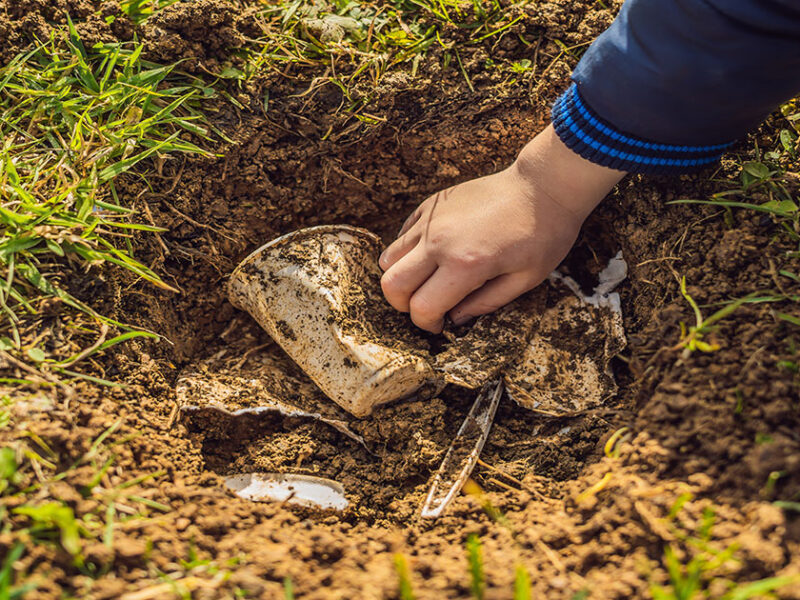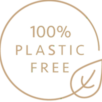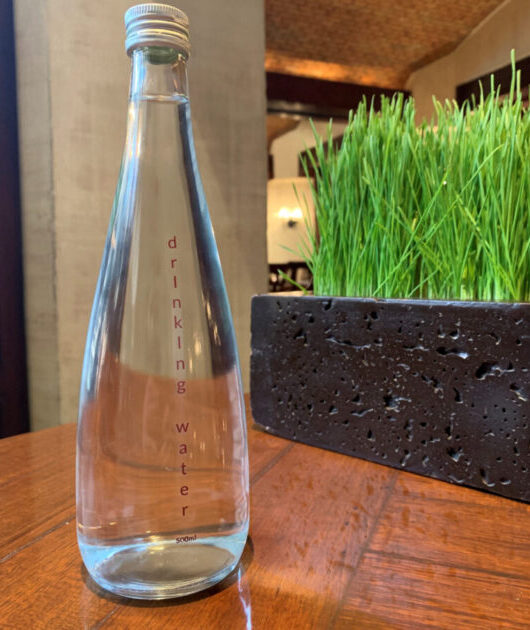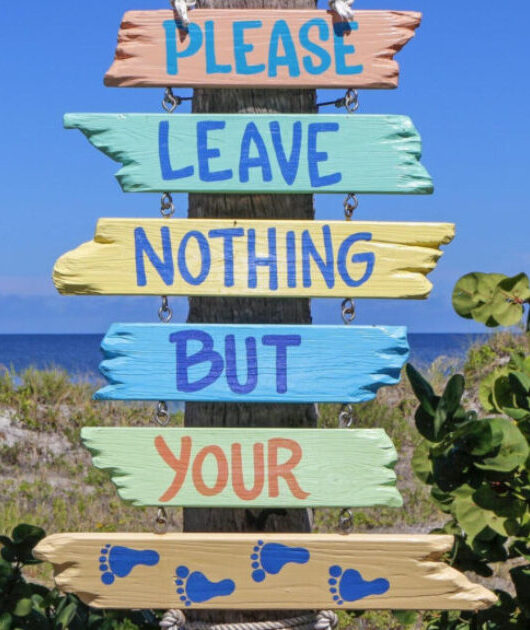Conservation Efforts by Kiho Gorilla Safari Lodge
We Encourage Biodegradable Materials Instead
Not all plastic is recyclable, and not all recyclable plastic is recycled, so people are often confused by the terms “break down” versus “biodegradable” (or “compostable”). When plastics are broken down, one large piece of plastic is reduced into a bunch of smaller pieces. These smaller pieces of plastic can be consumed by smaller animals but are still indigestible.
A minority of plastics are “compostable” or “biodegradable”, meaning they can be reduced to chemical components by, say, your home compost. Industrial or municipal facilities can successfully compost other plastics after being separated from other, non-biodegradable plastics.
Unfortunately, most people are confused as to which plastics fall into this biodegradable category, and this confusion is often most apparent when confronted with unfamiliar plastics in unfamiliar places. For example, are plastic water bottles purchased, say, at the airport biodegradable?
Should they be disposed into the recycling bin or in the food waste bin? It’s often challenging to know, especially since little useful information is typically available to quickly make a decision.
That is why we made the solution to provide drinking water in glass bottles. It is our promise to you that we shall recycle or degrade any plastic that makes its way to our lodge so that we can do our best to conserve the environment for future generations.
A Plastic-Free Lodge
In line with conservation and sustainability, we run a plastic-free lodge as we understand the effect of plastic on the environment. The significant impact of plastic on the environment is that it takes many years to decompose.
In addition, toxic substances are released into the soil when plastic bags perish under sunlight. If plastic bags are burned, they release a poisonous substance into the air causing ambient air pollution.
Millions of animals are killed by plastics every year, from birds to fish to other marine organisms. Nearly 700 species, including endangered ones, have been affected by plastics. Almost every species of seabird eats plastics.
Reduction of Carbon Emissions
We advocate for the reduction of carbon footprint to save the environment through the following strategies:
- Serving only organic food fresh from the farm with no need to refrigerate.
- We encourage our guests to consider using their beddings at least more than once so that we can curb water wastage and excessive use of detergents which can be harmful to the environment in the long term.
- We installed solar panels in all our rooms. This is used as an alternative source of energy. Otherwise, we keep the generators on standby 24/7.
- We encourage more cycling and walking activities around the property to help us reduce pollution from car engines.
- Slow travel is recommended. Stay in one place for longer than travel to many places within a short period.




